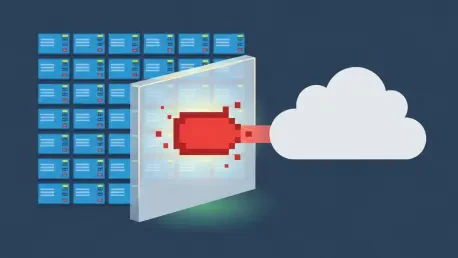
The race to dominate the artificial intelligence landscape is no longer just about algorithms and data; it has become a high-stakes battle for the one resource that powers it all: guaranteed access to elite GPU compute. As organizations pour billions into developing and deploying sophisticated

As a Business Intelligence expert with a sharp eye for the stories hidden within massive datasets, Chloe Maraina has built a career on translating complex data into clear, actionable strategies. Her work at the intersection of data science and management gives her a unique perspective on one of the

In an increasingly competitive technology landscape where artificial intelligence is the definitive battleground, the value of proprietary data has become paramount, and financial analysts are recalibrating their expectations for the industry's titans. Underscoring this trend, financial services

The vast archives of human knowledge are increasingly being captured not in written text but in the spoken word, from boardroom strategy sessions and academic lectures to investigative interviews and creative brainstorming calls. For years, this wealth of information remained largely inaccessible,

The intricate world of molecular simulation, long a guarded domain accessible only to those fluent in the complex dialects of command-line interfaces and arcane software, is undergoing a profound transformation. A new generation of artificial intelligence agents, driven by the conversational

A fortune built on the distribution of Singer sewing machines in the early 20th century became the unlikely seed for an agricultural revolution, as philanthropist Ramón Álvarez de Arriba dedicated his wealth to founding a school to advance farming education. More than a century later, the same